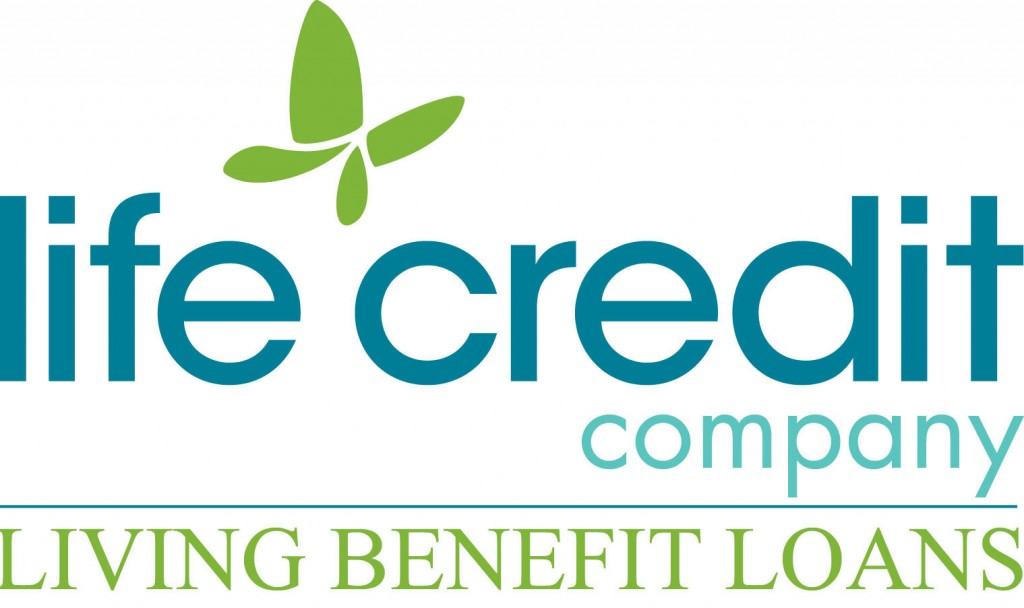Many people diet to feel and look their best, but eating right could have another even more important result, according to a new study.
Researchers at M.D. Anderson Cancer Center recently found that avoiding a certain type of carbohydrate may reduce the risk for lung cancer.
The study is being hailed as an important step forward for understanding cancer risk, and as a strong source of help for cancer patients who are looking to both understand the disease and protect themselves from recurrence.
Low-Carb 101
Reducing carbohydrate intake has been associated with a number of health benefits, including weight loss and reduction of sugars. But this is the first time that a large-scale study has shown the impact of a low-carb diet on lung cancer risk.
Investigators examined the diets of 2,000 people who were recently diagnosed with lung cancer, comparing them to the diets of 2,400 healthy individuals. What they found was that people who ate a lot of “bad” carbohydrates — those with a high glycemic index — were 49 percent more likely to develop lung cancer than those who did not consume such carbs. Interestingly, diets rich in bad carbs seemed to heighten the risk for lung cancer more so in people who had never smoked — the leading risk for lung cancer — than in smokers.
One explanation for that phenomenon is that foods with a high glycemic index may elevate blood sugar rates, which could lead to high insulin levels — a factor that has been shown to speed cell growth, including cancer development.
Impact of Study
Scientists noted that, while further research is needed, the study can be a strong jumping-off point.
First, it can be used to help guide food choices for people who are looking to get or stay healthy. Foods like white bread, rice and russet potatoes should be avoided, replaced instead with healthier options like sweet potatoes and oatmeal.
The report can also lay the groundwork for future studies. Marian L. Neuhouser of Fred Hutchinson Cancer Research Center told CNN that more research is needed to determine the extent to which low-carb diets can be beneficial in cancer prevention.
In particular, Neuhouser added, a study that followed diet choices before a lung cancer diagnosis could be especially helpful.“These data are suggestive that [high glycemic index foods] may be a risk factor, but we always need confirmation from multiple studies,” she said.
Cancer-prevention efforts have to begin somewhere, and this is an important first step on this front.



Recent Comments